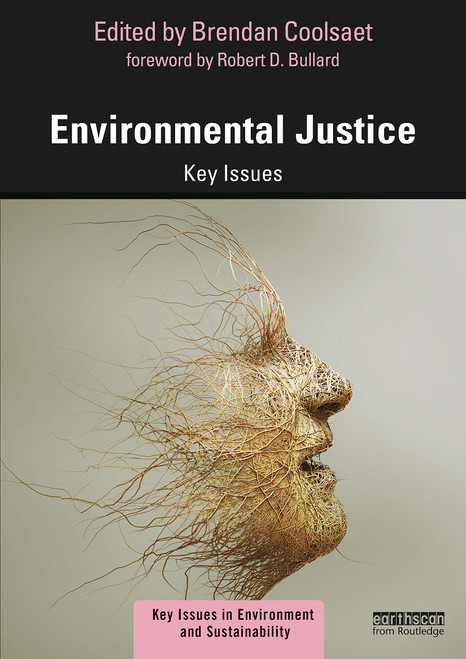Examines the culture, politics, and history of the movement for environmental justice in New York City, tracking activism in four neighborhoods on issues of public health, garbage, and energy systems in the context of privatization, deregulation, and globalization.
Racial minority and low-income communities often suffer disproportionate effects of urban environmental problems. Environmental justice advocates argue that these communities are on the front lines of environmental and health risks. In Noxious New York, Julie Sze analyzes the culture, politics, and history of environmental justice activism in New York City within the larger context of privatization, deregulation, and globalization. She tracks urban planning and environmental health activism in four gritty New York neighborhoods: Brooklyn's Sunset Park and Williamsburg sections, West Harlem, and the South Bronx. In these communities, activism flourished in the 1980s and 1990s in response to economic decay and a concentration of noxious incinerators, solid waste transfer stations, and power plants. Sze describes the emergence of local campaigns organized around issues of asthma, garbage, and energy systems, and how, in each neighborhood, activists framed their arguments in the vocabulary of environmental justice. Sze shows that the linkage of planning and public health in New York City goes back to the nineteenth century's sanitation movement, and she looks at the city's history of garbage, sewage, and sludge management. She analyzes the influence of race, family, and gender politics on asthma activism and examines community activists' responses to garbage privatization and energy deregulation. Finally, she looks at how activist groups have begun to shift from fighting particular siting and land use decisions to engaging in a larger process of community planning and community-based research projects. Drawing extensively on fieldwork and interviews with community members and activists, Sze illuminates the complex mix of local and global issues that fuels environmental justice activism.












